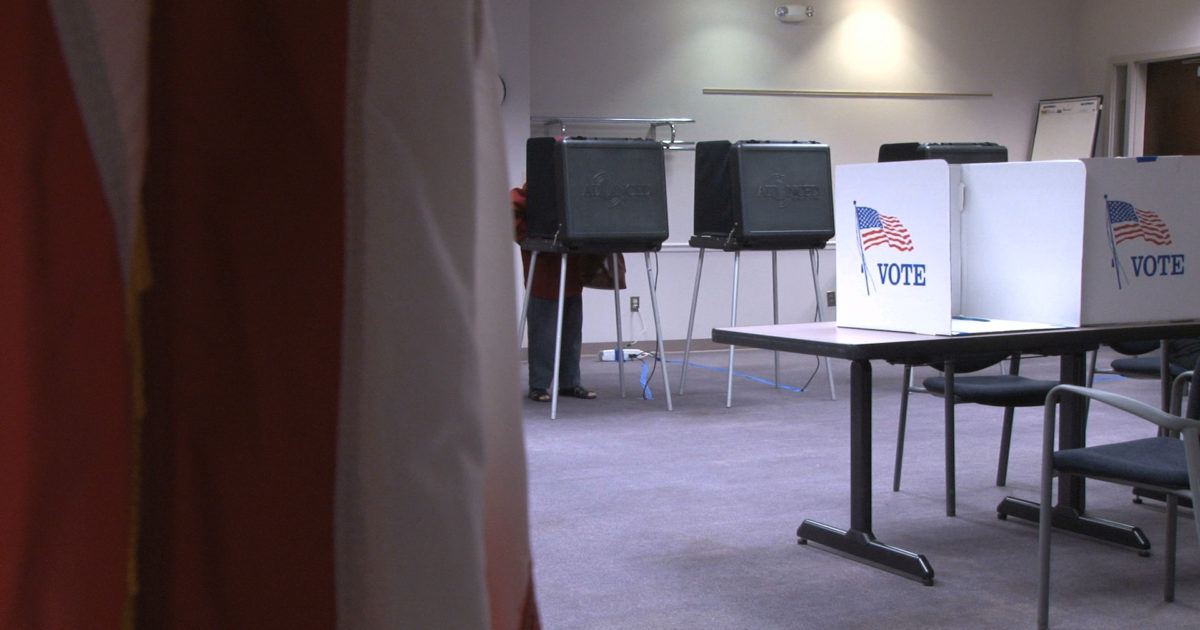Will Millennials Use Our Power on November 6?
From skyrocketing student loan debt, to the gender wage-gap, our incentive is there

One in four eligible voters belongs to our generation, the under 30-years-old, so-called Millennials. Our priorities and our values will have a lot to say with how we use that power in the voting booth, and ultimately what becomes the direction of this state and this country.
But will we vote?
From skyrocketing student loan debt, to the gender wage-gap, our incentive is there.
Rising tuition rates and reduced education investment have put access to higher education at risk. Last year, over $400 million was cut from the UW and technical college systems and the result: larger class sizes, higher tuition and fewer classes.
A university education, we are told, is the ticket to middle class prosperity. Student loan debt, however, has severely threatened the cost effectiveness of education. An estimated 33% of students receiving bachelor’s degrees in 2008 will still be paying off student loans in 2028. Student loan debt is likely to prove a major factor in the economic decisions of college graduates.
Wisconsin ranks fifteenth highest in student loan debt nationally. Groundbreaking research from the One Wisconsin Institute showed the average monthly student loan payment for college graduates to be $388 in Wisconsin. But the length of student loan debt was nearly 19 years for graduates’ with bachelor’s degrees and 22 years for graduate or professional degrees.
And for young women, such as us, who are entering or have just entered the workforce, the news may be even more troubling.
Within one year of graduating from college, according to an October study by the American Association of University Women, women in the workforce are already paid less than men. Millennial women are paid “82 cents for every dollar paid to their male peers” out of college, while the average woman in the United States is paid “77 cents for every dollar a man earns,” according to the Bureau of Labor and Statistics.
In this present situation, young women who graduate with the same credentials as men are only rewarded with lower pay and aggravated financial anxiety.
The Center on Wisconsin Strategy stated that four in ten women are the “primary breadwinners in the household.” As Millennials have begun, or will shortly begin having families, acquiring a stable economic status is crucial. With the task for so many of motherhood and full-time careers, equal pay is not just an issue of fairness, it’s essential. The current lifetime equal pay gap is a staggering $431,000.
In a nation so focused on reforming our education system and persistent on staying competitive in the global economy, meeting to the needs of the Millennial generation in budgets and policies is crucial.
Will our elected leaders invest in education and end pay inequity?
If we as Millennials don’t seize the opportunity to have our say by voting on November 6, why should they?
Contributors to this column include our interns Adelaide Davis, a Senior at UW-Madison majoring in International Studies and History, and Leah McSteen, a freshman marketing major at UW-Madison.
